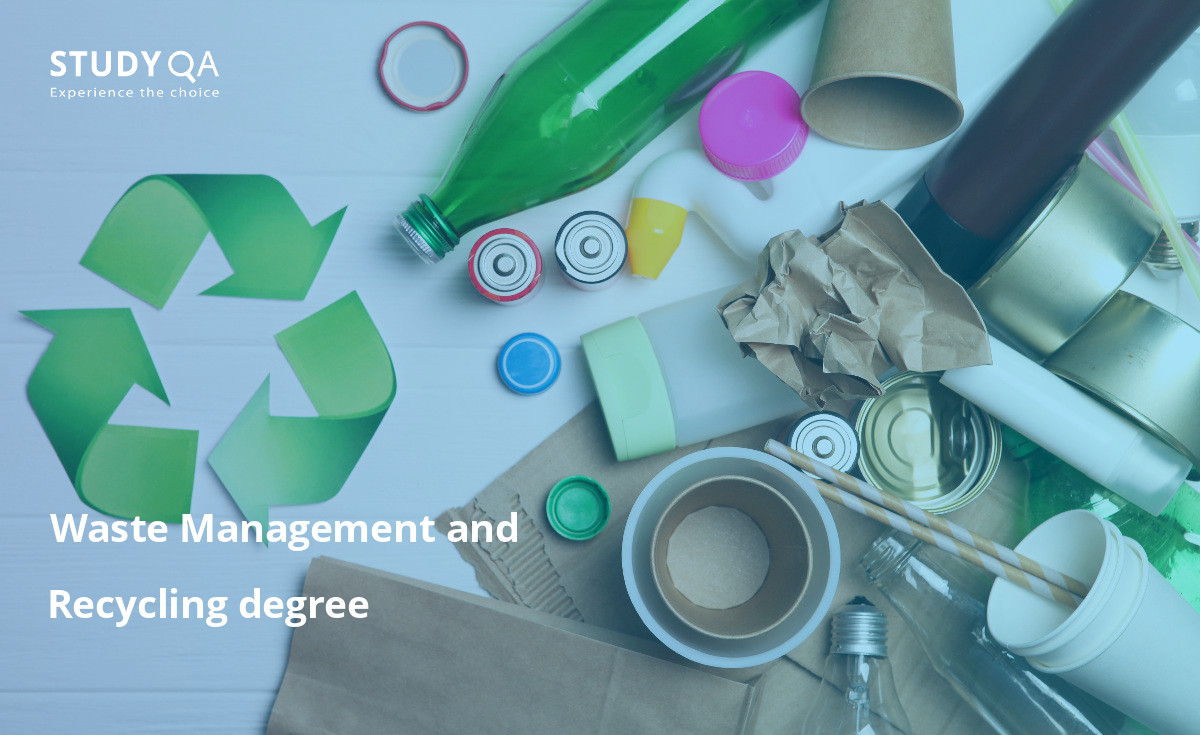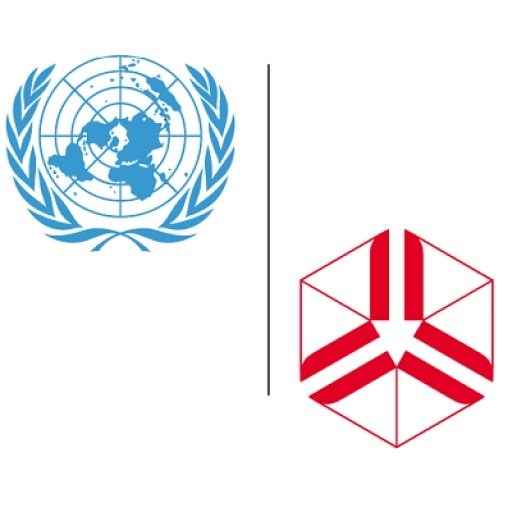Waste management and recycling are two important parts of a sustainable society. Waste management is the process of collecting and disposing of waste...
Waste management and recycling are two important parts of a sustainable society. Waste management is the process of collecting and disposing of waste in a way that minimizes environmental damage and optimizes the recovery of valuable resources. Recycling is the process of transforming waste materials into new products to prevent waste from entering landfills and reduce the consumption of raw materials. Waste management and recycling are both necessary for a sustainable society as they reduce the amount of waste generated, conserve resources, and reduce the negative environmental impacts associated with landfills and other ways of managing waste.

Waste management is an important part of modern society as it involves collecting, sorting, transporting, manufacturing, and disposing of waste in a way that minimizes environmental impacts and optimizes the recovery of valuable resources. Waste management practices include composting, waste reduction, reuse, recycling, and incineration. Composting is the process of decomposing organic material into a form that can be used as a soil amendment. Waste reduction involves reducing the amount of waste generated by activities such as purchasing fewer items, using reusable containers for food, and turning off lights when not in use. Reuse involves using materials again instead of purchasing new ones. Recycling is the process of transforming waste materials into new products without the need for further processing. Incineration involves burning waste materials to create energy. Recycling is an important part of an environmentally friendly lifestyle, as it conserves resources, reduces energy consumption, and reduces the amount of waste that ends up in landfills.
The future of waste management and recycling
In the future, the global waste management and recycling field is set to become increasingly important, both technologically and environmentally. With the emergence of new technology, such as 3-D printing with recycled materials, more efficient ways of collecting, sorting, and processing waste materials will become available. This will result in increased demand and lower prices for recycled materials, opening up new opportunities in the recycling industry.
In terms of environmental sustainability, the future of recycling looks even brighter. By making changes to current waste management rules and incentives, governments can help encourage more recycling, helping to reduce the amount of waste that is sent to landfill sites. This would help to reduce pollution and its impact on the environment, as well as create more jobs and opportunities in the recycling sector.
Furthermore, with the implementation of smarter technologies, such as circular economy strategies and artificial intelligence, it'll become easier to monitor waste production and measure its environmental impact. This will enable us to develop more efficient and sustainable solutions for waste control.
Overall, the future of waste management and recycling looks promising, with new technology and initiatives helping to make the process more effective and sustainable. With the right investment and initiatives, these changes could help create a healthier world.
Benefits of getting a degree in the field
A degree in waste management and recycling is an increasingly valuable asset in today’s world, where sustainability and environmental protection are major concerns. Proper waste management is key to environmental health and economic development, and those with a degree in this field have the skills necessary to address these issues.
The benefits of obtaining a degree in waste management and recycling include a comprehensive education in the principles of waste management and recycling, as well as the technical and logistical strategies necessary for successful implementation. Such skills are essential for professionals in the environmental field and can give graduates the edge when applying for positions in the industry.
A degree in waste management and recycling provides knowledge of the various waste management systems and the best strategies for their implementation, such as reducing the amount of waste being produced and disposed of, collecting waste efficiently, and learning how to efficiently recycle and reuse materials. This knowledge can be applied to a wide range of industries and businesses, from manufacturing to hospitality.
In addition, graduates of this degree program will also be equipped with the latest technological and business skills, which are essential in today’s digital age. With the ability to understand and make use of the latest software, graduates will have a competitive advantage when it comes to job opportunities.
For those looking to make a difference in the world and champion sustainability and environmental protection, a degree in waste management and recycling is a great choice. With the knowledge and expertise gained from this degree, graduates can have a positive impact on organizations and communities and make a lasting difference.






